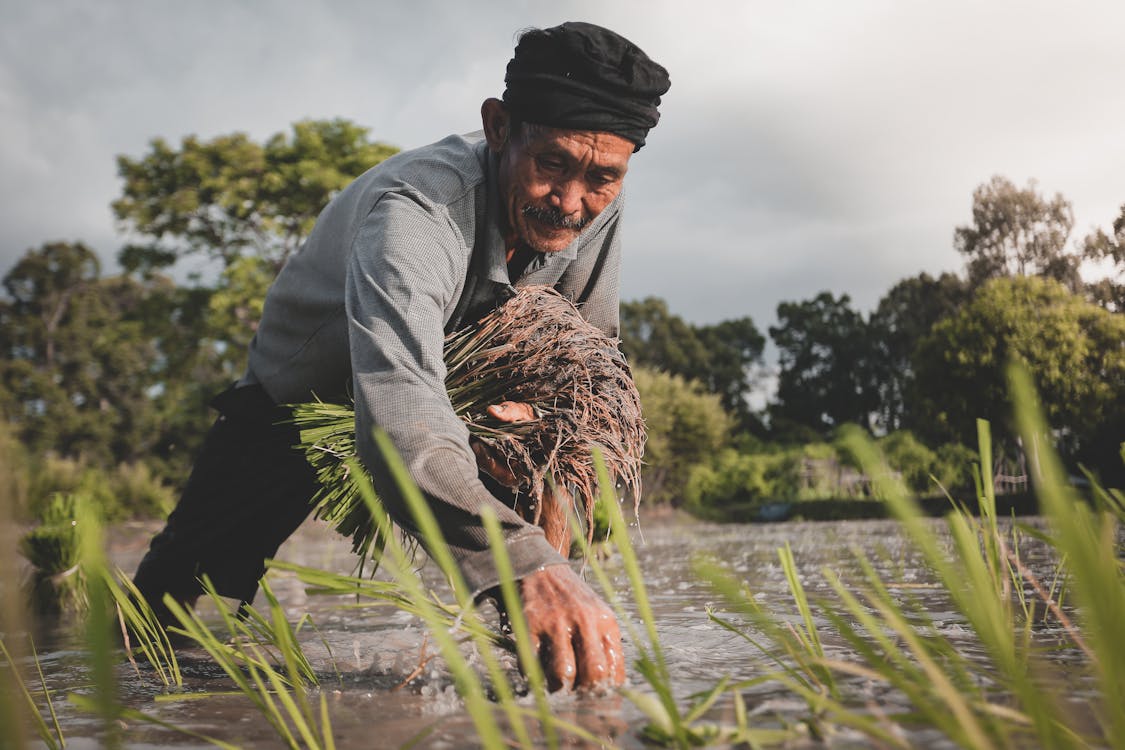Rice to the occasion: Commerce Ministry fast-tracks SME trade talks

The Commerce Ministry is moving to accelerate the liberalisation of rice trade, with a meeting planned for January 17. This session aims to finalise strategies to assist small enterprises in becoming rice exporters, targeting concrete outcomes in the first quarter of the year.
During a meeting on January 10 to discuss pressing policies, Commerce Minister Pichai Naripthaphan instructed all departments to speed up the implementation of ten major policies. The primary focus is enhancing the expansion and competitiveness of Thai businesses in global markets, particularly in the rice sector.
Data from export licences reveal that rice exports reached 9.97 million tonnes in 2024, with a 15% increase in value. This positive trend offers opportunities for smaller exporters.
The forthcoming meeting is expected to consider measures such as reducing the mandatory rice stockpile from 500 tonnes to lower costs for exporters and decreasing export fees from the current 50,000 baht. These proposed changes will be submitted to the Cabinet for approval, according to the ministry.
Wittayakorn Maneenetr, Director General of the Internal Trade Department, explained that these policies aim to enable small players, including farmers and agricultural institutions, to become exporters. Initially, small groups will not require a stockpile for exports.
For small enterprises with registered capital of 5 to 10 million baht, the stockpile requirement will be reduced to 100 tonnes. Those with capital of 10 to 20 million baht must adhere to the 500-tonne requirement, while companies with capital exceeding 20 million baht must maintain a 1,000-tonne stockpile.
Regarding export licence fees, independent farmers will be exempt, while small businesses with 5 to 10 million baht in capital will incur a 10,000-baht fee. Companies with 10 to 20 million baht in capital are subject to a 30,000-baht licence fee, and those with capital exceeding 20 million baht must pay the standard 50,000 baht.

For packaged rice exporters, fees will decrease from 20,000 baht to 10,000 baht.
The first phase of this initiative is projected to yield results within the first quarter, followed by a second phase aiming to streamline the registration process for rice trade and export businesses.
Pichai highlighted that the ministry is also fast-tracking other policies, such as monitoring economic and trade conditions and ensuring transparent communication of government and ministry strategies to the public.
Meanwhile, free trade agreement (FTA) negotiations are ongoing, with a focus on finalising the Thailand-UAE FTA. The EFTA-Thailand FTA is expected to be signed at the World Economic Forum in Davos, reported Bangkok Post.
Latest Thailand News
Follow The Thaiger on Google News:


























